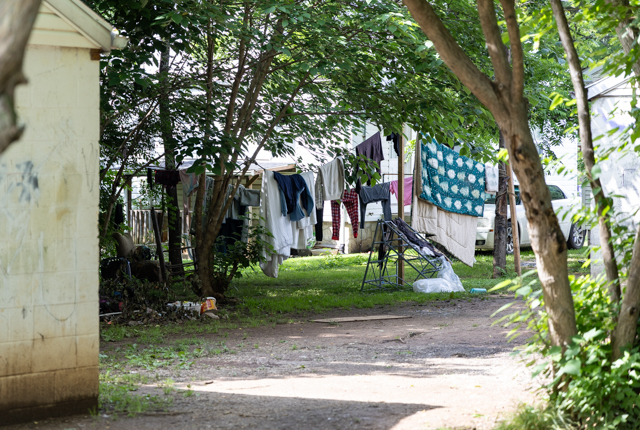The case for banning cell phones in our schools
Published 9:56 am Monday, February 17, 2025
In the early 2000s, while teaching sixth grade, I remember when our school purchased its first set of iPods and iPhones. These devices couldn’t make calls, but they could access the web and had apps that we hadn’t seen before.
At the time, they were seen as an “innovative” development. I spent hours searching for useful apps for my Geography class, hoping they would ignite a love for learning in my students. At first, things went well. But as the saying goes, “technology is great, when it works.”
Over the years, my roles in education have changed, and I’ve seen many trends come and go.However, one thing has remained constant: the cell phone. What was once a groundbreaking tool for education has now become a hindrance to learning.
As of June 2024, about 19 states have implemented laws or policies that ban or restrict cell phone use in schools. Is it time for Kentucky to follow suit?
To gain insight, I spoke with local principals, teachers, and parents, and there was a common theme: most were in favor of banning cell phones during instructional hours. While everyone agreed that having a phone for before and after school use is practical and provides a sense of safety, no one supported students having phones during class. Phones are a distraction, exacerbate unwanted behaviors, contribute to bullying, and are linked to rising mental health concerns among young people.
Jonathan Haidt, a social psychologist and author of The Anxious Generation, discusses how early exposure to phones and devices, rather than free play, can harm a child’s development. He shares that excessive exposure to phones impedes learning, hinders social interactions, stunts relationship-building, and increases exposure to harmful online content for our children.
Locally, one principal interviewed has implemented a no-cell-phone policy during instructional hours. Phones are stored in secure containers when students enter the classroom, which has resulted in decreased behavioral issues and increased classroom engagement.
The positive impact that similar policies across the state have gotten has resulted in attention from our state legislature. The current legislative session saw the introduction of HB 208 (introduced by Reps. Bray, Tipton, & Moser) which would at a minimum, prohibit student use of cell phones during the school days (with specific exceptions).
The issue of excessive screen time isn’t limited to students; many adults also spend too much time on their phones. Perhaps we need to consider limiting screen time during work hours as well (though that’s a topic for another time).
Ultimately, the way we handle technology in our schools reflects what we value for our children’s future. We have a responsibility to protect their time, attention, and well-being. While technology can be a powerful tool for learning, its unchecked presence in classrooms often does more harm than good.
By supporting policies that limit cell phone use during instructional hours, we are prioritizing our students’ mental health, their academic success, and their ability to form meaningful relationships. As parents and educators, we must stand united in this effort, recognizing that the greatest gift we can give our children is the freedom to focus on what truly matters: their growth, their potential, and their future.
— Wes Cottongim, EdD, assistant professor of education administration at Western Kentucky University, is former principal of Cumberland Trace Elementary School in Warren County.






